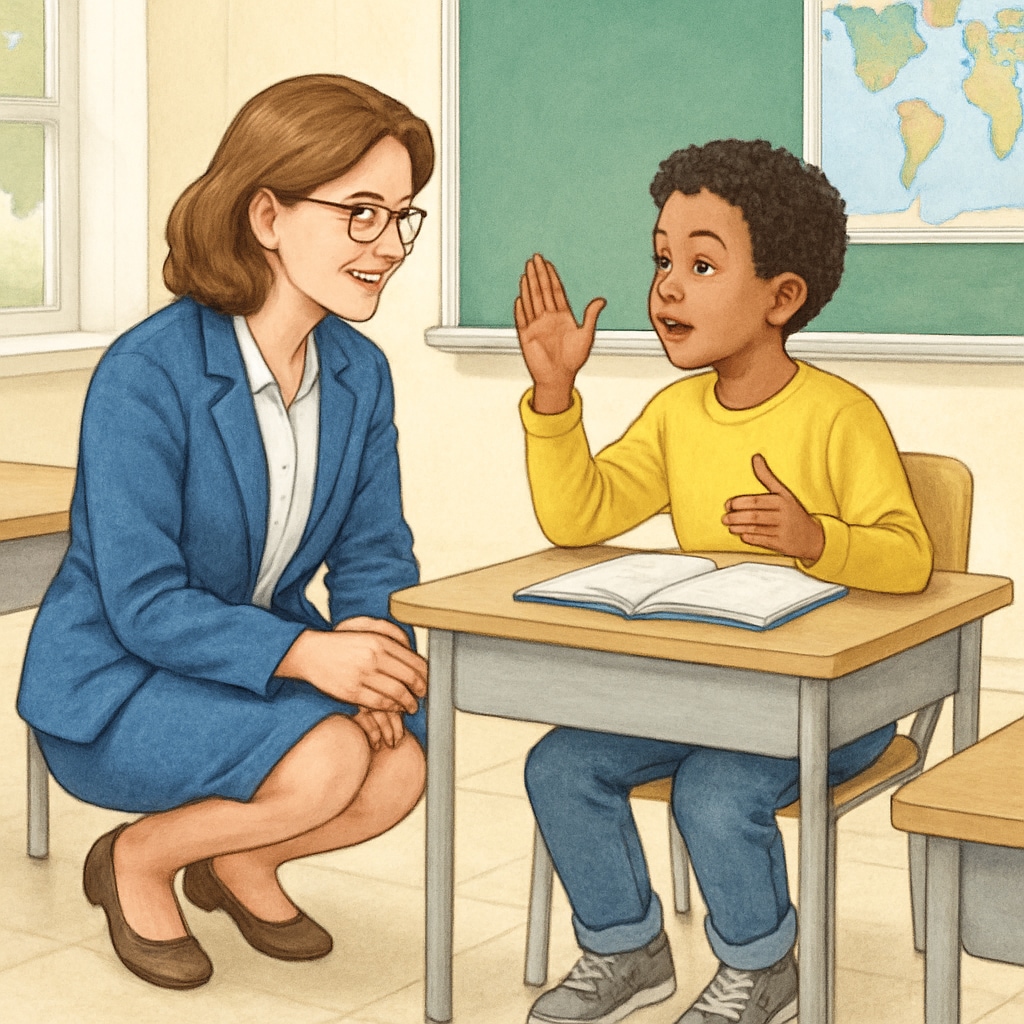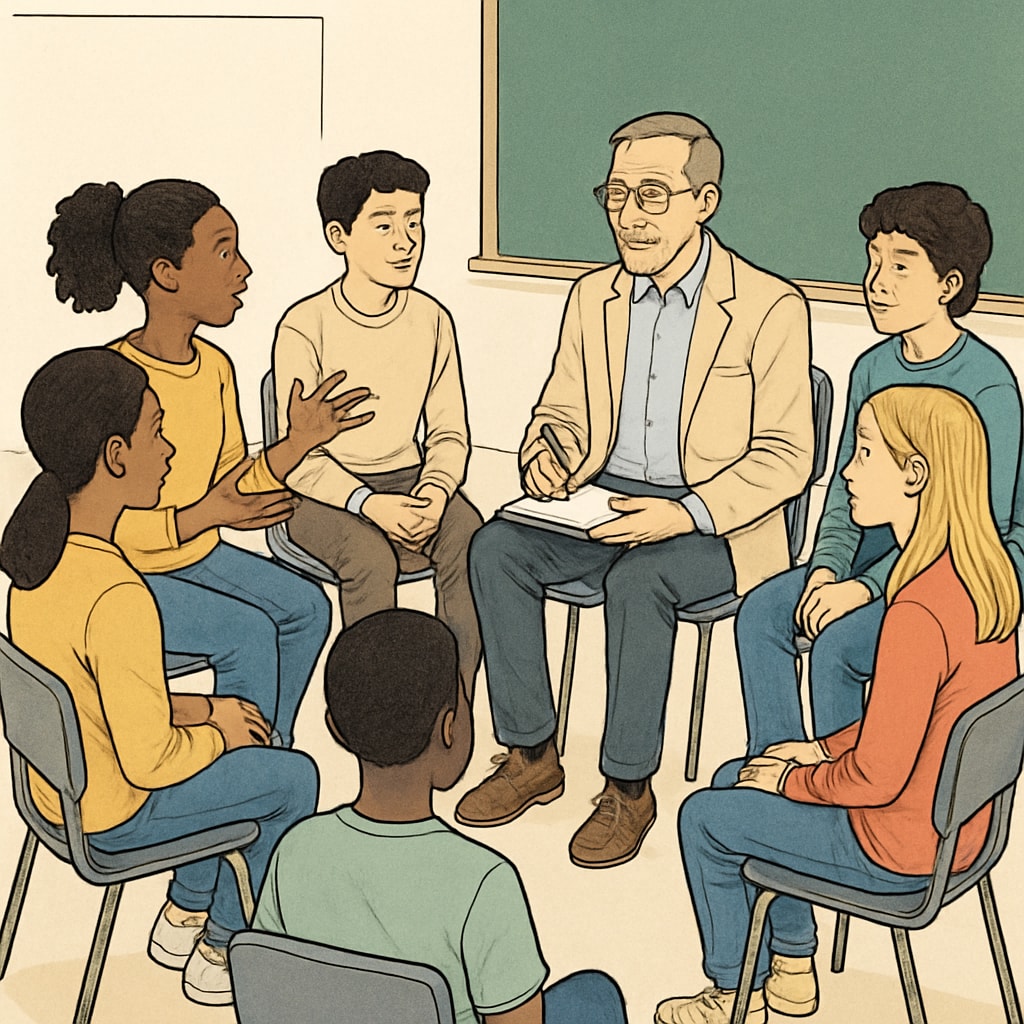In the realm of education, the cornerstone of meaningful connections lies in “respect in education.” Students often express immense gratitude when they feel seen and valued by their teachers. Beyond the transmission of knowledge, education becomes transformative when teachers genuinely respect students’ individuality and listen with intent. This simple yet profound approach is the key to unlocking both academic and personal growth.
The Transformative Impact of Respect
Respect is not merely a formality; it is the foundation of trust and mutual understanding. When teachers respect their students, they send a powerful message: “You are valued as a person, not just a learner.” This validation fosters confidence and self-worth, which are essential for holistic development.
For example, studies have shown that students who feel respected are more likely to engage in the learning process. Respect encourages open communication, making students feel safe to ask questions, share their thoughts, and take intellectual risks. This creates a classroom atmosphere where growth is not hindered by fear of judgment.

Listening as a Form of Respect
Genuine listening is one of the most impactful ways teachers can show respect. When educators take the time to truly hear their students, it fosters a sense of partnership. This collaborative dynamic is transformative, as students feel their voices matter in shaping the educational experience.
Consider the example of a teacher who takes the time to ask for feedback about a lesson. By acknowledging students’ opinions and incorporating their suggestions, the teacher demonstrates respect for their perspectives. As a result, students feel empowered and more connected to the learning process.
In addition, active listening helps educators understand the unique challenges and aspirations of their students. With this knowledge, teachers can tailor their approach to meet individual needs, ensuring that no one is left behind.

Gratitude from Students: A Reflection of Respect
When students feel respected, their gratitude often manifests in ways that deeply impact educators. Whether it’s through a heartfelt note, verbal acknowledgment, or simply improved engagement in class, this gratitude is a testament to the power of respect in education.
For many students, being respected by a teacher marks a turning point in their educational journey. It is in these moments that students begin to see themselves as capable and worthy contributors to their learning environment. The positive ripple effects are felt not only in the classroom but in their broader personal and social lives.
As one high school student shared, “The teacher who respected me and listened to my struggles made me believe in myself. They were the reason I didn’t give up.” Stories like this illustrate how respect can inspire resilience and determination in students.
How Teachers Can Foster Respectful Relationships
Creating an environment of respect requires intentionality and effort. Below are practical strategies for educators to cultivate respectful relationships with their students:
- Active Listening: Give students undivided attention during conversations and validate their feelings.
- Empathy: Strive to understand students’ experiences and perspectives, especially those that differ from your own.
- Fairness: Treat all students equitably, ensuring that everyone feels valued and included.
- Encouragement: Celebrate individual strengths and achievements to build confidence and motivation.
- Feedback: Provide constructive and respectful feedback that helps students grow without diminishing their self-esteem.
By implementing these strategies, teachers can create a learning environment where respect is the norm, not the exception.
Readability guidance: Use short sentences and paragraphs for clarity. Include concise lists to summarize key points. Maintain an active voice and incorporate transitional words to ensure a smooth flow of ideas.


